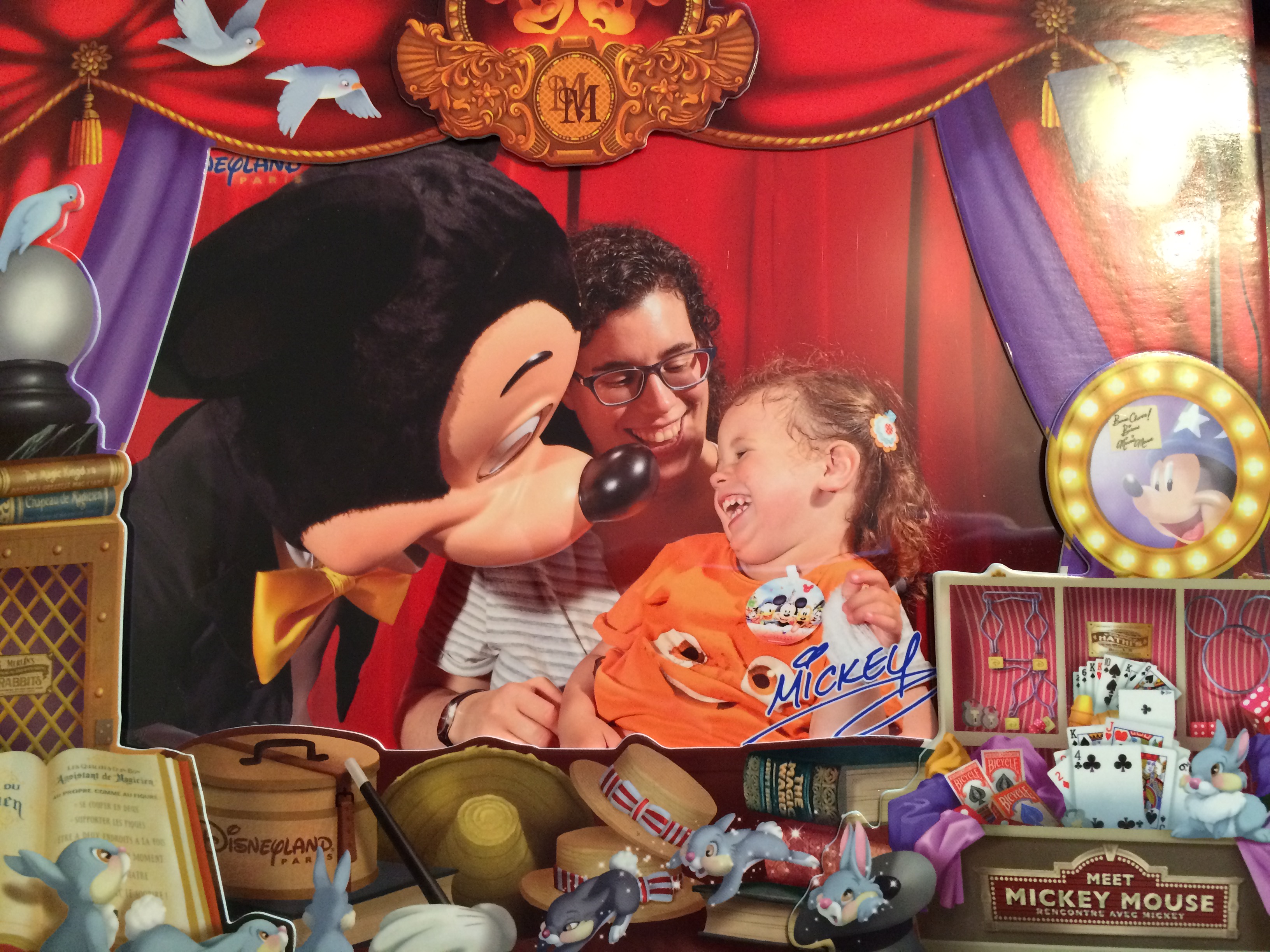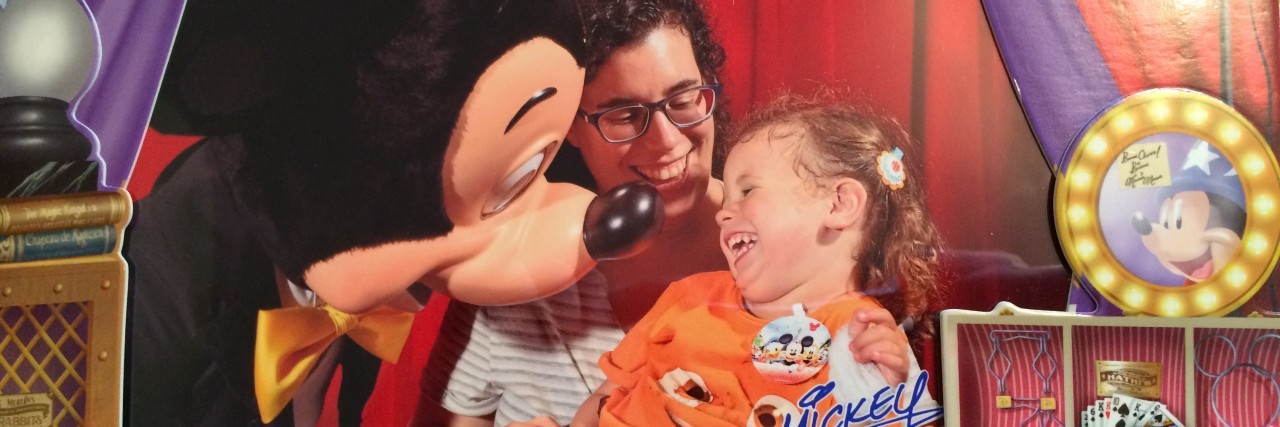One of the strange things that come with long-term illness is a gradual exhaustion of one’s mental, psychological and emotional reserves. It is a slow process, and it often catches people by surprise. I certainly did not see it coming.
For the better part of a year I have been in a medical merry-go-round of discussions and speculations about a new medical issue. My liver is in bad shape. No one is sure why, what the prognosis is or how to deal with it. Countless experts have weighed in on the situation. In the summer a specialist said that given the number and severity of disorders I have, all investigations should stop and we should focus on palliative care and symptom relief. I left that appointment bewildered. What followed was a period of inertia. I had no energy and couldn’t even think about how to take a step forward. I spent the summer trying to find my bearings. At the same time I was unable to stand upright without my blood pressure bottoming out and my heart going into overdrive.
The reality of the situation on a more practical day-to-day level was that we needed a break. We also needed some distance from all things medical. So after thinking about the technicalities, I ended up purchasing a wheelchair, tickets to Disneyland and a camera. And off we went on the first family break in what felt like forever!
My daughter Dot struggled to integrate her image of me as “big and strong” with my need for a wheelchair. When I first took the chair out of its packaging she kicked it. Later she confessed to me that she thought wheelchairs made people poorly. We talked about how people can be a lot of things at the same time: tall and curly-haired, kind and grumpy, poorly in one way and big and strong in others. We also talked about how wheelchairs are a tool some people use for transport, like Thomas the Tank Engine or Bob the Builder’s van. She caught on very quickly. Within a few days her sole focus was meeting Mickey!
The days we spent at “Mickey Mouse’s house” wouldn’t have been possible had I attempted to walk. That’s not to say the wheelchair was a perfect solution. It is much shorter than needed for my height, and, as a result, it was very painful to sit in for prolonged periods of time. Using it excluded us from several rides around the park, but accessibility at Disneyland is perhaps a topic for another day. To be honest barriers did not feel important. The only thing that mattered was that we got to go on a little holiday.
When we got back home I printed a picture of us at Mickey Mouse’s house and put it on my desk. In it Dot is trying to push my wheelchair, her face the picture of normalcy. I realized my daughter in all her childish innocence was all I needed to snap out of the funk I was in. If nothing else, I want to be there for Dot as authentically as I can and take part in as many adventures as humanly possible; how is less important.
I’d love to be able to say I now have answers about my liver, but I’d be lying. What I do have is faith in the possibilities, in our ability to cope and in life itself.
So the silence is over. We met Mickey Mouse; he was really very cool and liked to tickle Dot’s nose with his own! I have a serious issue with my liver and worsening dysautonomia. Oh! And I have new wheels!

We want to hear your story. Become a Mighty contributor here.

